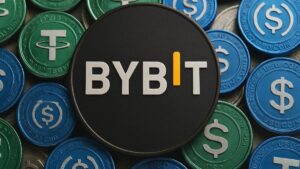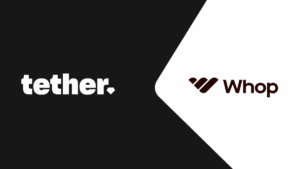TL;DR
- The Basel Committee is reviewing its 2022 crypto capital rules for banks.
- Current standards treat public blockchain stablecoins like riskier crypto assets.
- New U.S. stablecoin laws and market growth are catalysts for the potential update.
The Basel Committee on Banking Supervision is reviewing its standards for bank exposures to cryptocurrency assets. This development follows reported discussions about potential adjustments to the 2022 regulatory framework. According to a Bloomberg report, the committee may introduce updated guidelines next year.
The review examines the current classification of certain digital assets. Under existing rules, stablecoins operating on public blockchains receive a capital requirement treatment similar to more volatile cryptocurrencies. This classification has generated discussion among financial institutions. Some market participants note that fully-reserved stablecoins present a different risk profile than unbacked digital assets.
Stablecoin Growth Prompts Regulatory Review
The evolution of stablecoin markets represents a factor in the regulatory review process. The United States recently established a regulatory framework for payment stablecoins through legislation called the GENIUS Act. This legislative action provides clarity for stablecoin usage in payment systems.

The Basel Committee functions as a standard-setting organization for international banking regulation. Its guidelines influence capital reserve requirements and risk management practices for banks worldwide. Member countries, including the United States, United Kingdom, and European Union nations, implement these standards through their national regulatory systems.
Chris Perkins of CoinFund previously described the capital requirements as creating operational constraints for banks seeking to engage with crypto markets. The review process reportedly involves different national approaches, with some countries supporting preliminary assessment before implementation while others favor adopting current standards with later evaluation. The committee’s deliberations continue as global banking systems adapt to developing digital asset markets.










